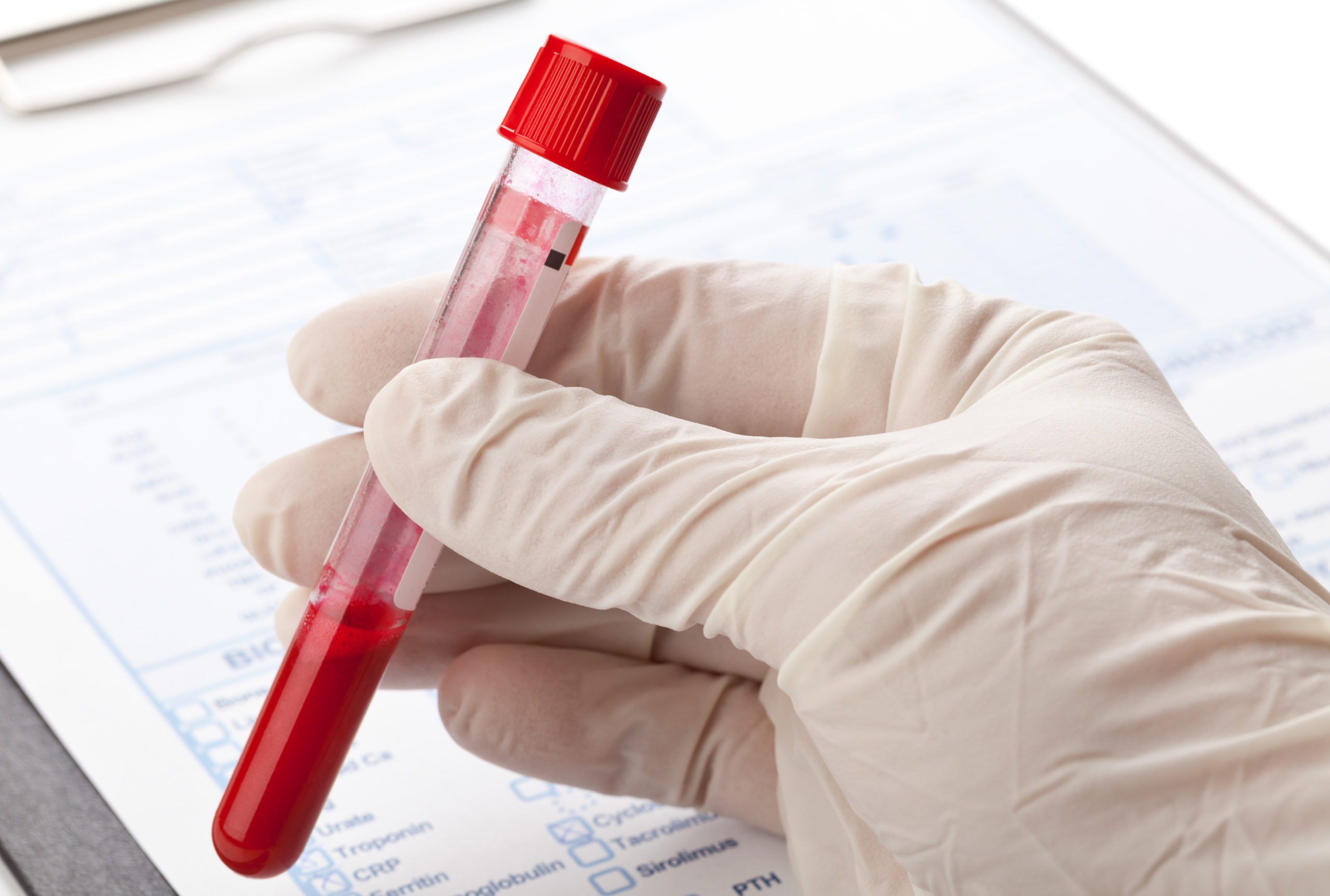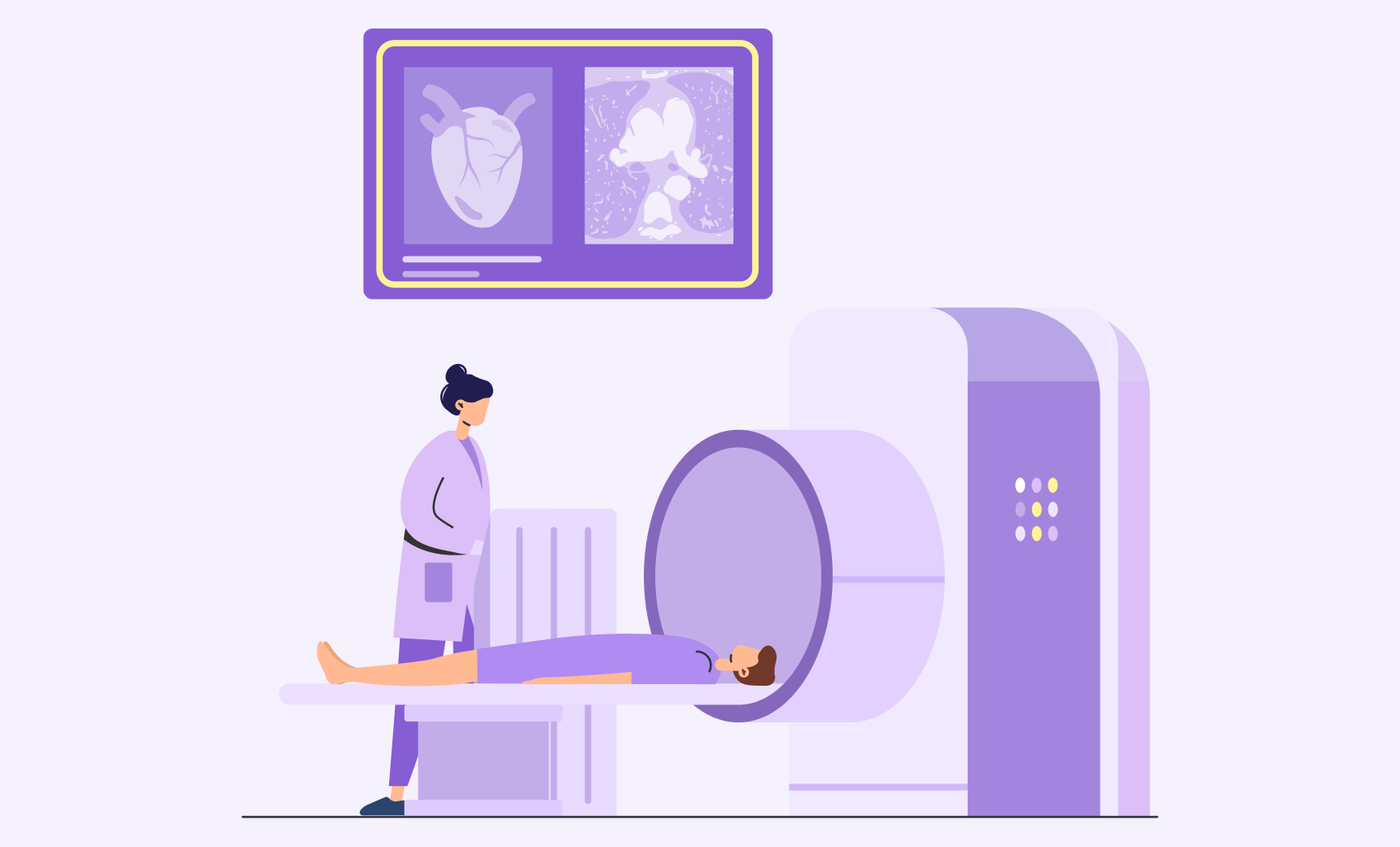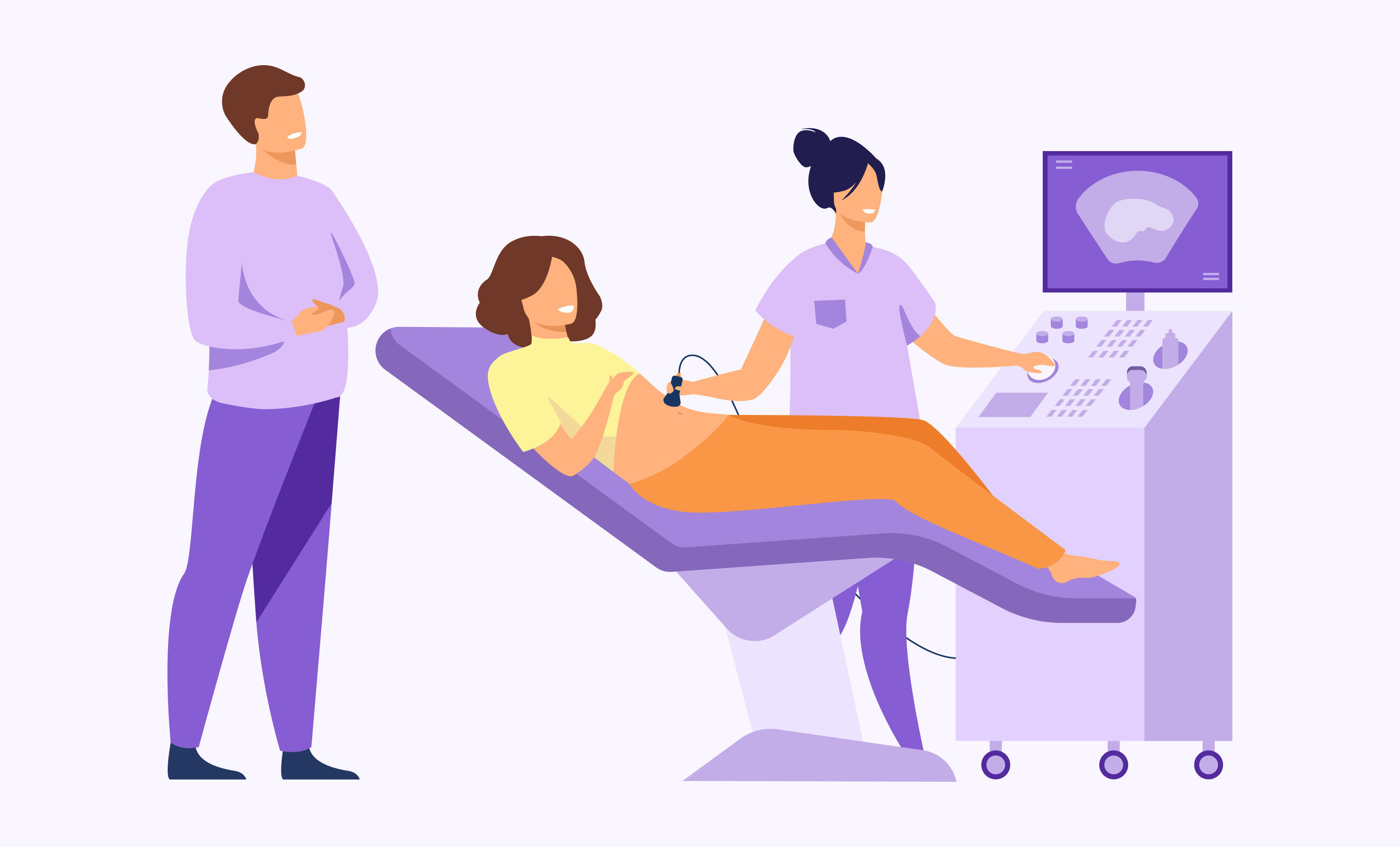
Antibody Tests and Immunity To COVID-19: What We Know
The COVID-19 Antibody Test is still one of the most talked-about medical tests on the market today. With cities all across America opening their economies, it is of vital importance to remain vigilant regarding your health and practicing safety measures, such as; physical distancing, maintain hand hygiene, most importantly, getting a COVID antibody test.
As a friendly reminder, Antibodies in itself are specialized proteins made by the that help fight off infections and usually protect against getting that disease again, providing immunity from that corresponding virus. Antibodies are disease-specific. For example, the measles antibody will defend a person who is exposed to measles again but will not affect it if the person who has exposure to mumps. Antibody Tests examine your blood by watching for antibodies, which can reveal if you had a prior infection with the virus that causes the disease of interest.
However, in the case with COVDI-19, depending on when someone was infected and the test’s timing, the antibody test may not reveal antibodies in someone with a current COVID-19 infection, which is safe to say that Antibody Tests are not a diagnostic measure of COVID-19.
Since the start of the outbreak, there have been numerous COVID-19 antibody tests on the market racing to determine population immunity as a measure for both economic and medical incentives. In just a few short months, the record-breaking medical innovation with regards to the accuracy of COVID-19 antibody tests has been promising. Emergency Use Authorization (EUAs) for antibody tests have been issued by the U.S. Food and Drug Administration (FDA) to keep up with the enormous demand. These tests vary in design and in the type of antibodies in the blood that they detect. Some assays for antibodies to surface spike (S) protein, while other tests detect the structural nucleocapsid (N.C.) protein. All are qualitative tests that detect the presence of antibodies in the blood, which would indicate prior exposure to COVID-19, but they differ in the types of antibodies identified. The detection of only IgM would suggest a more recent exposure; the discovery of IgG would indicate a more prolonged exposure. LabFinder offers one of the most accurate COVID-19 antibody tests on the market today with the highest sensitivity and specificity.
Currently, the Center for Disease Control (CDC) latest guidelines with regards your results are listed below:
If you test positive
-
- A positive test result shows you may have antibodies from an infection with the virus that causes COVID-19, or possibly from disease with a related illness from the same family of microorganisms (called coronavirus), such as one that causes the common cold.
- We do not know yet if having antibodies to the virus that causes COVID-19 can protect someone from getting infected again or, if they do, how long this protection might last.
- Talk with your healthcare provider about your test result and the type of test you took to understand your effect. Your provider may suggest you take a second type of antibody test to see if the first test was accurate.
- It would be best if you continued to protect yourself and others since it’s possible you could get infected with the virus again.
- If you have no symptoms, you likely do not have an active infection, and no additional follow-up is needed.
- If you work in a job where you wear personal protective equipment (PPE), continue wearing PPE.
- If you have symptoms and meet other criteria for testing, you would need another type of test called a viral test. This test identifies the virus that causes COVID-19.
-
- This test uses respiratory samples, such as a swab from inside your nose, to confirm COVID-19.
- An antibody (blood) test cannot tell if you are currently sick with COVID-19.
- You might test positive for antibodies even if you never had symptoms of COVID-19. This can happen if you had an infection without symptoms (also called asymptomatic infection).
-
If you test negative
-
- You may not have had COVID-19 before. Talk with your healthcare provider about your test result and the type of test you took to understand what your result means.
- You could still have a current infection.
-
- The test may be harmful because it typically takes 1 to 3 weeks after infection to develop antibodies. It’s possible you could still get sick if you have been exposed to the virus recently. This means you could again spread the virus.
- Some people may take even longer to develop antibodies, and some people may not develop antibodies.
- If you have symptoms or develop symptoms after the antibody test and you meet other criteria for testing, you would need another type of test called a viral test. This test uses respiratory samples, such as a swab from inside your nose, to confirm COVID-19. An antibody (blood) test cannot tell if you are currently sick with COVID-19.
-
Regardless of whether you test positive or negative, the results do not confirm whether you can spread the virus that causes COVID-19. Until we know more, continue to take steps to protect yourself and others.




Andy Alem
The LabFinder Editorial Team is behind The Illuminator and The Insider, LabFinder’s consumer and business blogs.
Dr.Robert Segal
Dr. Segal is CEO and co-founder of LabFinder, as well as a board-certified cardiologist. He began practicing medicine in 2002 and has founded several businesses, including Medical Offices of Manhattan and Manhattan Cardiology.